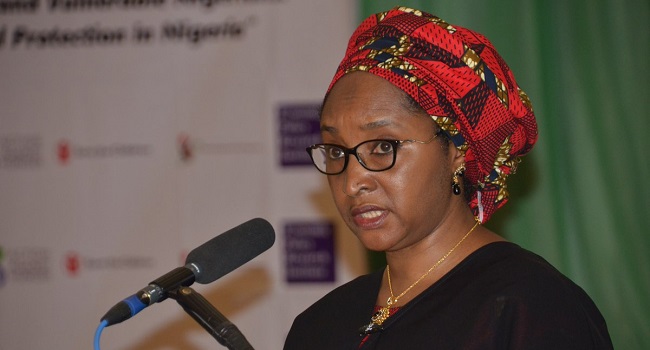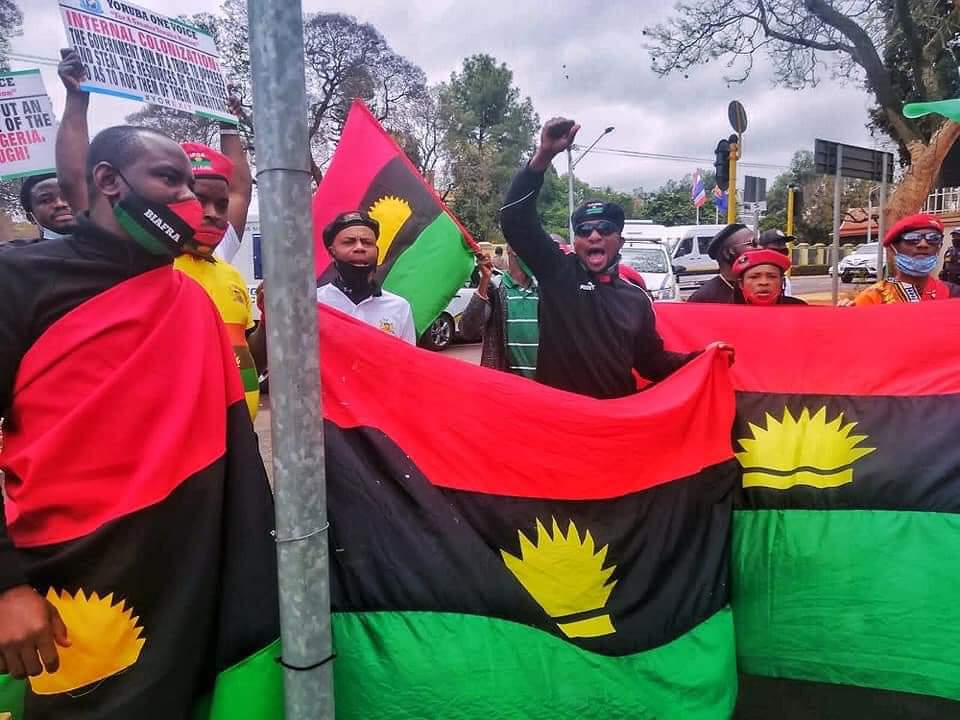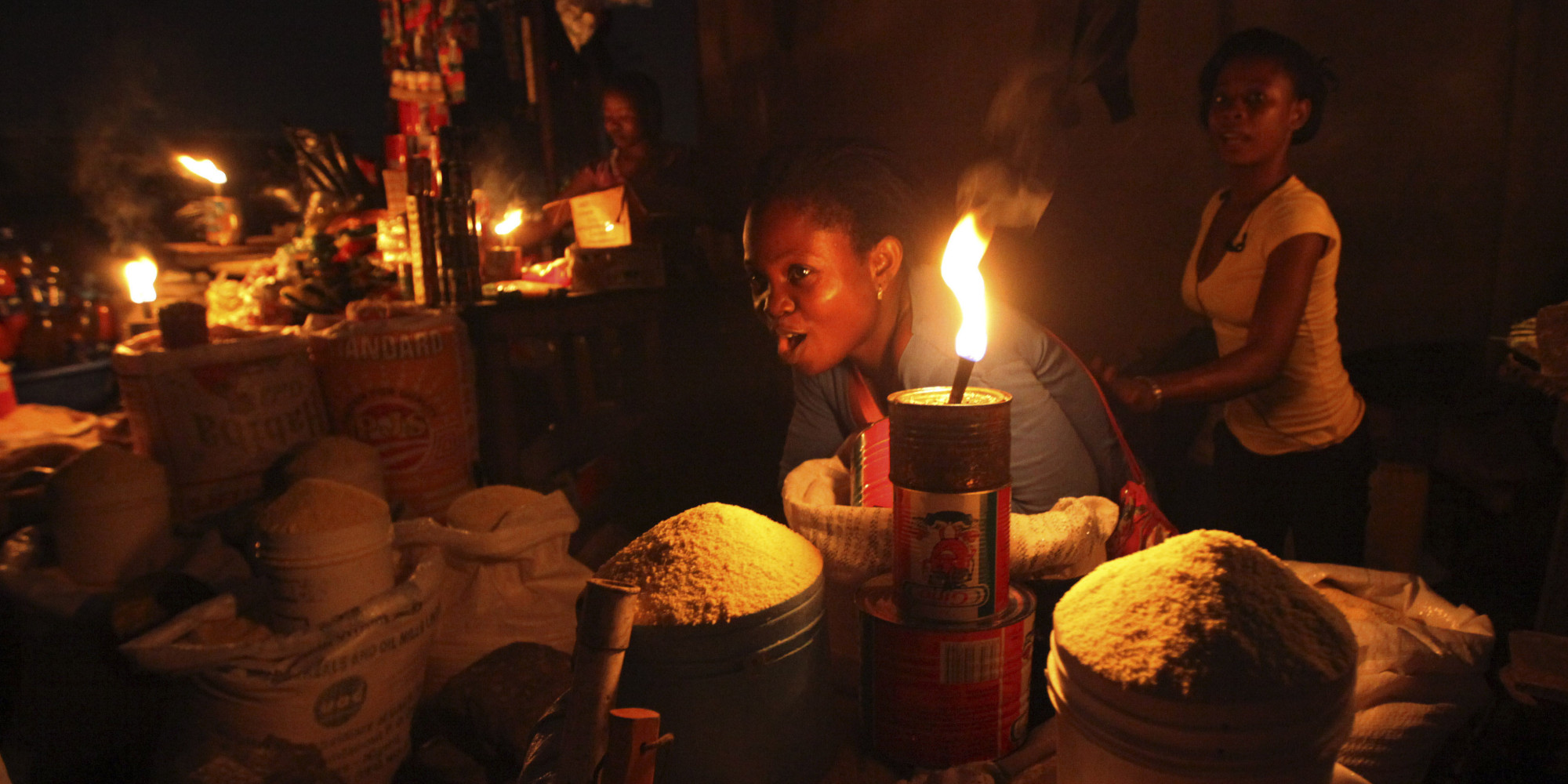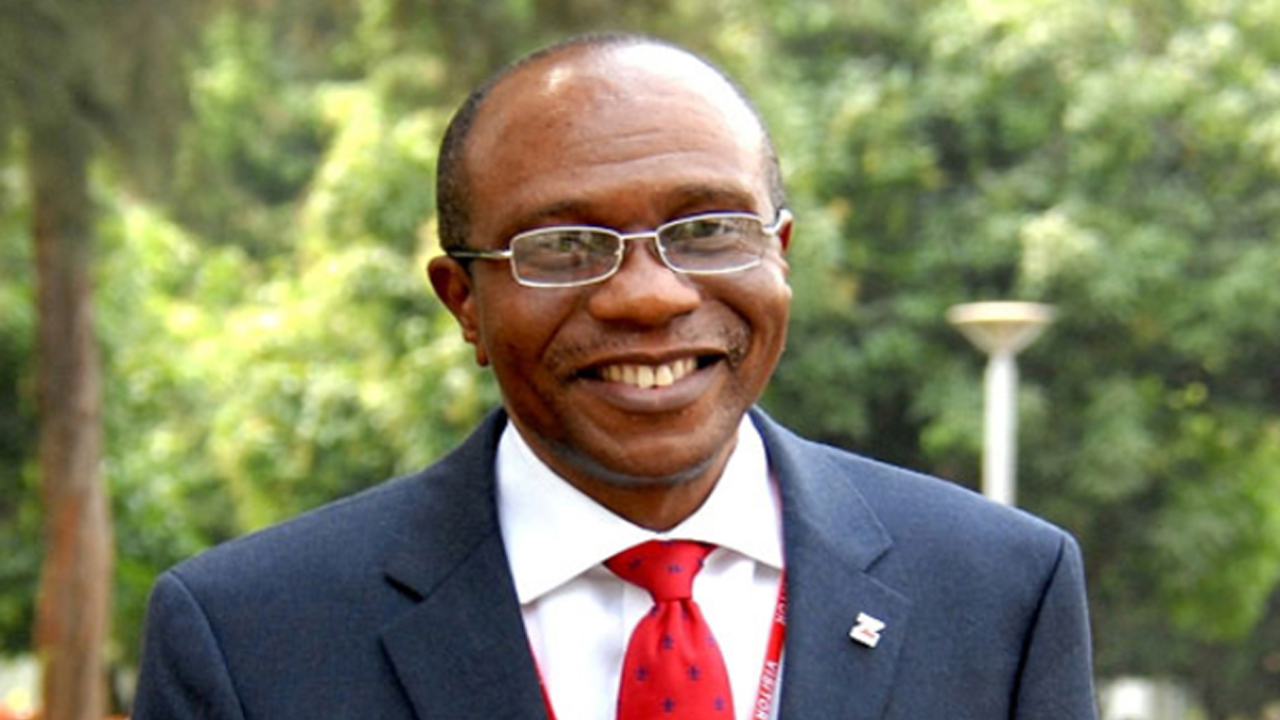South Africa’s electoral commission has revealed that it has excluded former president Jacob Zuma from standing in the May 29 general election.
“In the case of former president Zuma, yes, we did receive an objection, which has been upheld,” commission president Mosotho Moepya told reporters, without giving details.
“The party that has nominated him has been informed” as have those objecting to the move, he added.
The decision can be appealed if lodged before April 2.
According to the electoral commission’s statement, “any person who was convicted of an offence and sentenced to more than 12 months imprisonment without the option of a fine” cannot stand in an election.
It would be recalled that Zuma, 81, was forced out of office in 2018 under a cloud of corruption allegations.
He is campaigning for the opposition uMkhonto we Sizwe (MK) party in an attempt to relaunch his career and weaken his former party, the ruling African National Congress (ANC).
The general election, after which the victor will appoint a president, is set to be tense.
The ANC is on the brink of dropping below 50 per cent of the vote for the first time since it came to power at the end of apartheid.
That would force the party once led by Nelson Mandela to form a coalition to stay in office.
The ANC is bleeding support amid a weak economy and allegations of corruption and mismanagement.
Zuma was sentenced to 15 months in jail in June 2021 after refusing to testify to a panel probing financial corruption and cronyism under his presidency.
Besides his 2021 contempt conviction, he is facing separate charges of corruption in an arms procurement scandal in the 1990s, when he was vice president.
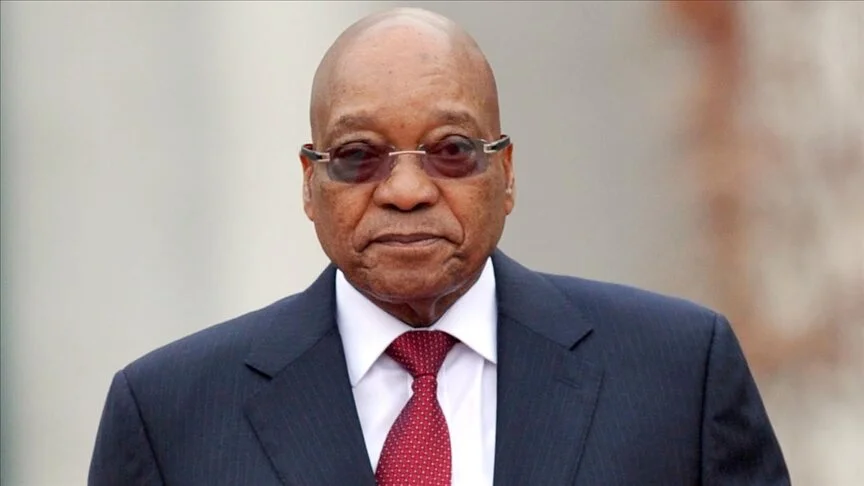
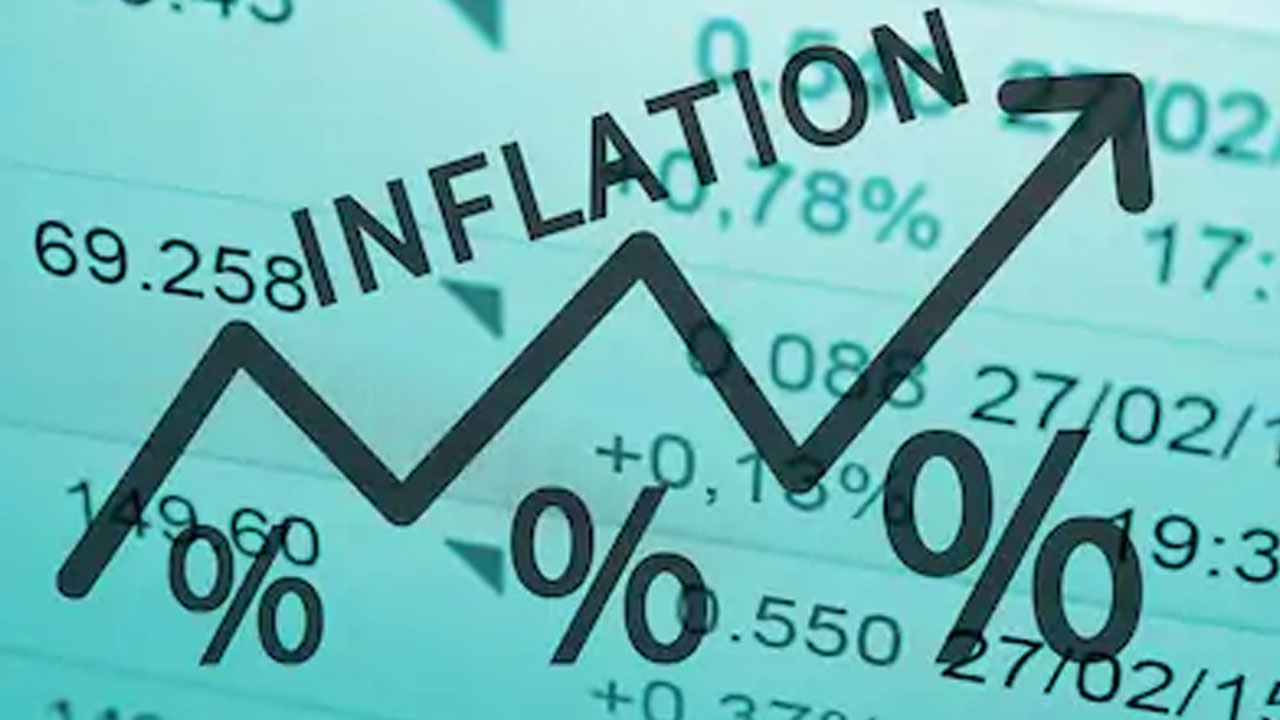
![[BREAKING] May Day celebrations: FG declares May 1st public holiday](https://thenewsguru.ng/wp-content/uploads/2023/01/TNG-Breaking.jpeg)

